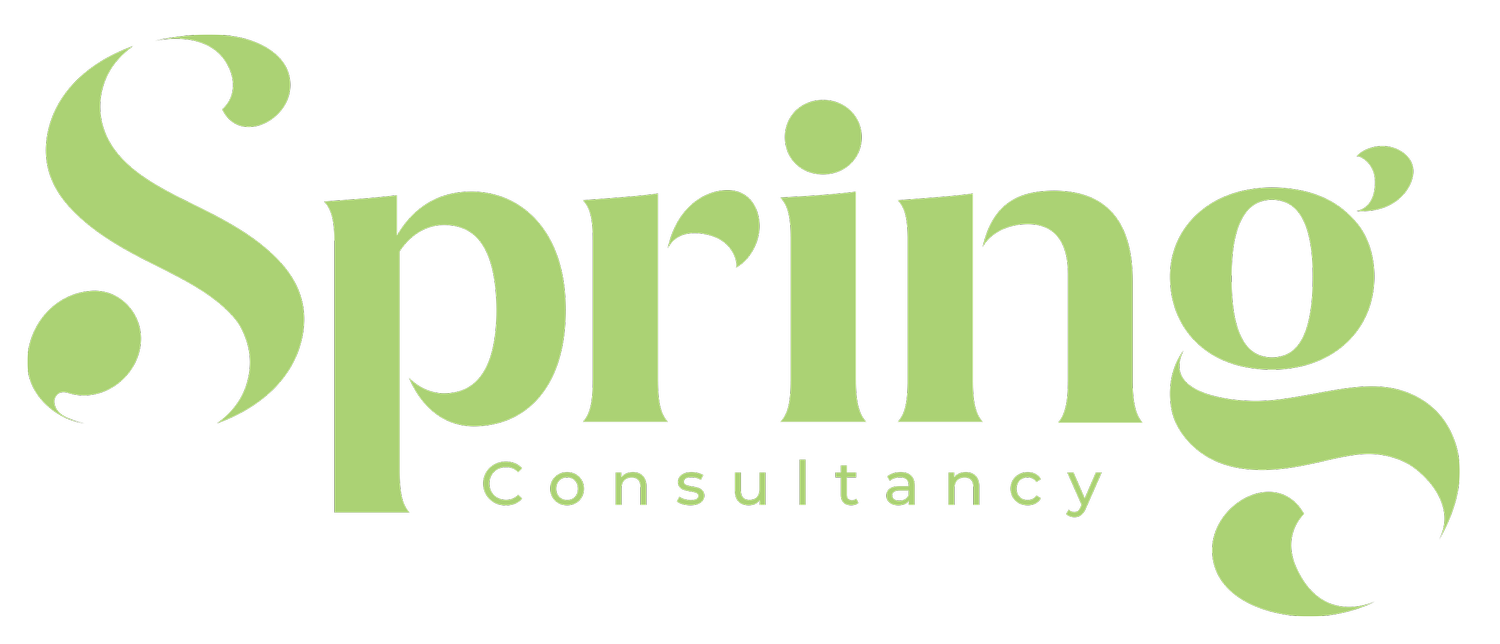Autumn Budget 2024
This was the first budget in fourteen years from a Labour government and the first in history to be delivered by a woman.
After mentioning the “failings of the previous government” a couple of times. We got a sense early on of the level of changes to come from the chancellor, when she said: "This Budget raises taxes by £40 billion".
Sticking by their commitment to maintain levels of Income Tax, VAT, Corporation Tax and Employee/Self-employed National Insurance. A lot of Chancellor Rachel Reeves’ “difficult choices” had been reported in advance with some changes speculated not being mentioned and some surprises to keep us on our toes.
Our key takeaways:
National Insurance
From April 2025 Employer National Insurance contributions will rise from 13.8% to 15%, and the threshold per employee at which it must paid it will drop from £9,100 to £5,000.
In a bid to protect small businesses from this hike, there will be a welcome increase to the employer allowance which allows companies to reduce their liability – this will increase from £5,000 to £10,500 per year. Depending on the makeup of their wage bill, this should result in the smallest businesses being sheltered from the increase, some may not see an overall increase at all, some businesses may end up paying less than before.
The £100,000 employer’s NIC threshold for eligibility will also be removed from April 2025 increasing its availability to a larger number of employers.
Corporation Tax
Capping the headline rate of Corporation Tax at 25% for the duration of the Parliament whilst ensuring that the UK’s regime remains competitive. The Small Profits Rate and marginal relief will be maintained at their current rates and thresholds.
Income Tax
Despite predictions that Reeves might continue the freeze in income tax thresholds beyond 2028, she has said that after that they would go up in line with inflation. A great relief to those feeling the pinch although there is some time to wait for this.
You start to pay tax at 20% on annual earnings above £12,570, this then increases to 40% on earnings over £50,270 a year. These thresholds have been frozen since April 2021as a Covid recovery measure, rather than increasing in line with the cost of living. What this means is that if your wages go up, but the tax levels stay the same, you may not feel as big an impact from a wage rise as you will be paying more in tax.
It is worth remembering that she could have unfrozen the thresholds before 2028 and chose not to, and could later choose to maintain the freeze.
Capital Gains Tax
From today (30 October 2024), for higher rate taxpayers, on the gain made from sales of assets such as shares, this will go up from 20% to 24%, for lower rate taxpayers, it will rise from 10% to 18%. This aligns the tax to the level currently paid on residential property which will remain the same.
Business asset disposal relief and investors’ relief will rise gradually from 10% to 14% from 6 April 2025 and match the main lower rate of 18% from 6 April 2026, to allow business owners time to adjust to the changes.
Inheritance Tax
The current inheritance tax thresholds are due to be frozen until April 2028, and the government is extending these threshold freezes for a further two years to April 2030. Whilst on the face of it there’s no increase to tax here, as with the freeze to the income tax thresholds, with inflation more estates will be taxed.
Mentioned very briefly but in no way insignificant is the removing the opportunity for individuals to use pensions as a vehicle for inheritance tax planning by bringing unspent pots into the scope of inheritance tax from April 2027.
Business property relief and agricultural property relief will be subject to a £1m combined cap of 100% relief; values in excess of this amount will only benefit from 50% relief from April 2026. The Chancellor suggested that the £1m 100% band would help protect small farms. However, £1m is likely to be insufficiently generous for even the smallest of farms, meaning that many farmers can now expect Inheritance tax to be payable on their estate.
High Income Child Benefit Charge
A consultation on the rules, to apply them to collective households as opposed to individuals from April 2026 was announced as part of the Spring budget this year. Not mentioned in the Commons and hidden on page 139 of the full document, a decision has been made not to pursue this model.
Nestled in the detail of the Red Book is a welcome update to the mechanisms by which the HICBC is collected, aimed at making it easier for taxpayers to avoid hefty fines by getting their HICBC right.
Stamp Duty
From 31 October 2024, the stamp duty land surcharge for second homes raises from 3% to 5%.
Business Rates
For eligible retail, hospitality and leisure, the 75% discount to business rates which is due to expire in April 2025 will be replaced by a discount of 40% – which applies up to a maximum £110,000 per business.
The small business multiplier will also be frozen, and the intention is to permanently lower the multiples for retail, hospitality and leisure and reform the system.
Electric Vehicles
To encourage the transition to electric, the tax incentives to purchase electric cars will be maintained.
Non-Domicile Taxation
This status is enjoyed by individuals living in the UK who have claimed domicile overseas, often determined by whether their father was born abroad. The status means they pay UK tax on money earned here but not on their worldwide income.
This is to be abolished and replaced by a residence based regime from April 2025.
Living Wage Increase
From April 2025 the National Living Wage will increase by 6.7% to £12.21 an hour and to £10 per hour for 18-20 year olds.
State Pension
Reeves committed to the triple lock on the state pension for the duration of parliament. The state pension will increase by 4.1% from April 2025.
Carer's Allowance
Full-time carers will be able to earn more without losing their allowance - the maximum earnings threshold will rise from £151 to £196 a week.
VAT on Private School Fees
From 1 January 2025 private school fees will be subject to VAT at the standard rate of 20%.
Alcohol duty
Tax on draught drinks will be cut by 1.7%, reducing duty on average by 1p a pint. Non-draught drinks will see a rise in line with RPI - the higher measure of inflation.
There will be an increase to the discount provided to small producers for non-draught products, and maintain the cash discount provided to small producers for draught products, increasing the relative value of Small Producer Relief.
Fuel duty
The 5p cut to fuel duty on petrol and diesel, due to end in April 2025, will be kept for another year.
Air passenger duty
On private jets, Reeves is increasing the rate of air passenger duty by a further 50%.
Source: HM Treasury 30-10-2024
If you have any queries regarding the announcement and how you may be affected or are looking for more clarity on your business financials, now is the perfect time to get in touch
This summary is to serve as a guide, it does not cover the entire Autumn Budget (which can be found on the Government website) and it should not be taken as professional advice.

